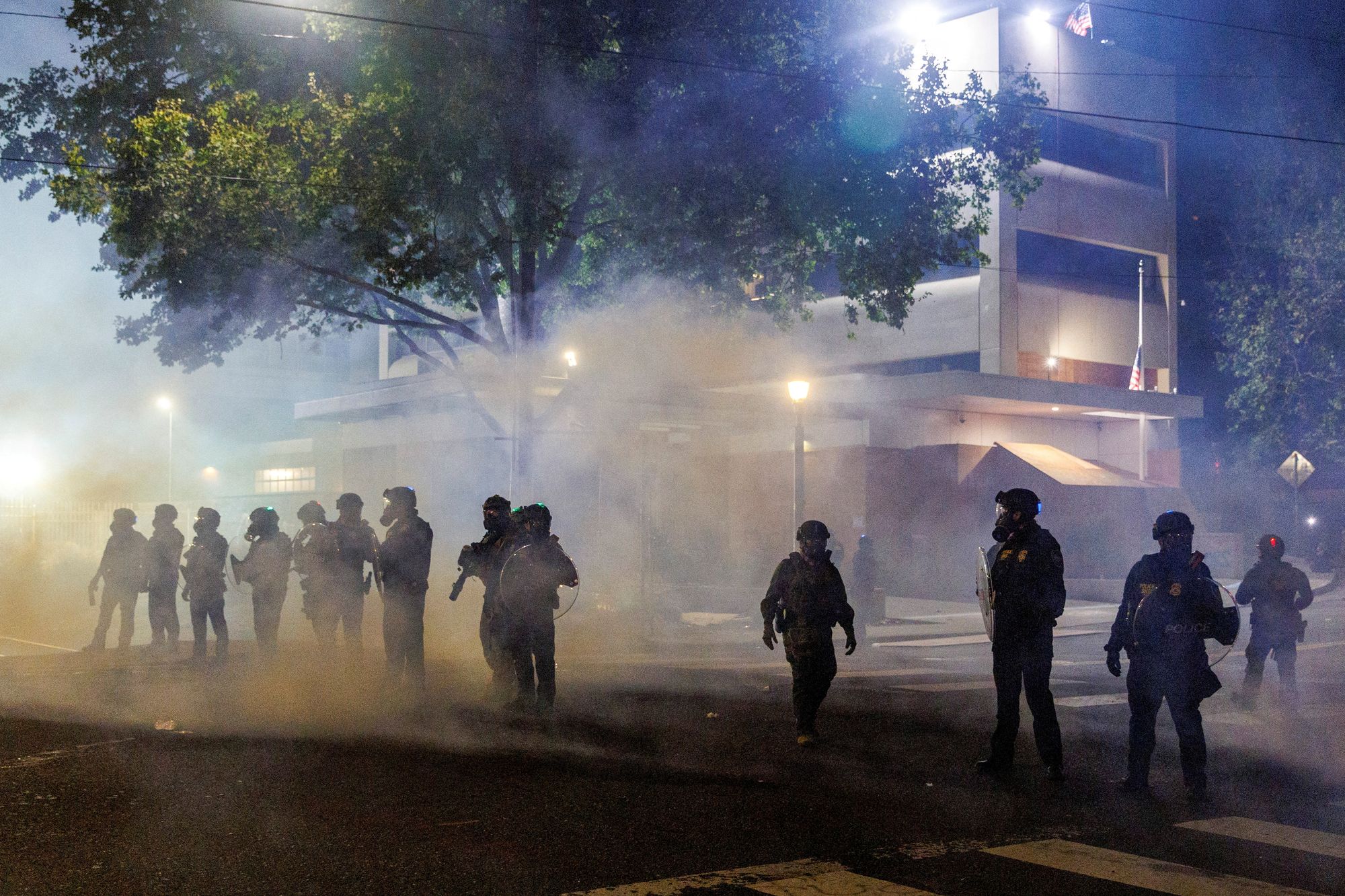Global tensions have intensified in recent years, with major geopolitical power struggles, economic uncertainty, emerging alliances, and technological competition reshaping the international system. The United States, China, Russia, and the European Union are exerting varying forms of influence, from economic sanctions to military strategies. Issues such as the war in Ukraine, US-China trade rivalries, the climate crisis, and shifting energy markets present unique challenges and opportunities for Latin America. Regional governments, businesses, and civil societies have responded by recalibrating foreign policies, seeking economic diversification, and rethinking security strategies.
Reactions of Diplomacy in Latin America
Historically, Latin America has upheld a tradition of independent diplomacy, reflected in the “principle of non-intervention” included in the policies of various nations. In reality, this has resulted in diverse approaches to global conflicts.
Active Multilateralism: Numerous countries across Latin America utilize international forums, such as the United Nations, the Organization of American States (OAS), and the Community of Latin American and Caribbean States (CELAC), to advocate for joint solutions. For example, during the Ukraine conflict, responses varied: Brazil and Mexico opted for a neutral approach, urging for truce and diplomacy in UN General Assembly resolutions, while nations like Costa Rica and Colombia strongly criticized Russia’s actions, stressing the importance of international law. These differing perspectives illustrate the region’s diversity but also show a preference for peaceful negotiations and dialogue.
Pragmatismo Estratégico: Al enfrentar presiones de los bloques occidentales y orientales, los líderes políticos de América Latina a menudo optan por enfoques pragmáticos. Brasil, bajo la presidencia de Luiz Inácio Lula da Silva, ejemplifica esto con una política exterior de doble vía: fortaleciendo sus lazos tradicionales con Estados Unidos y Europa mientras revitaliza la asociación BRICS y busca nuevos acuerdos comerciales con China e India. México, a pesar de ser un centro de fabricación fuertemente vinculado al bloque económico USMCA, también busca una mayor implicación con Asia y Europa para evitar una dependencia excesiva de un solo socio.
Economic Realignment and Diversification
Global tensions have exposed weaknesses associated with dependence on certain markets and export goods. Latin America, known for its agricultural, energy, and mineral resources, has reacted by adopting economic diversification strategies and forming selective alliances.
Supply Chain Adaptation: The global supply chain disruptions triggered by the COVID-19 pandemic and exacerbated by geopolitical rivalries have led many Latin American nations to position themselves as alternative suppliers for critical minerals, agricultural products, and manufacturing services. For example, Chile and Argentina, among the leading producers of lithium (essential for electric vehicle batteries), are pursuing new investment deals with China, Canada, and the European Union. They are also negotiating terms that favor technology transfers and local value-added, aiming to move beyond simple commodity exports.
Trade Bloc Dynamics: Economic collectives, such as Mercosur and the Pacific Alliance, aim to fortify intra-regional relationships and establish new trade pacts. Mercosur has intensified discussions with the European Union, whereas the Pacific Alliance countries (Mexico, Chile, Peru, Colombia) are seeking deals with nations in the Asia-Pacific area, like Japan, South Korea, and Singapore. These actions indicate a wish to mitigate the impact of US-China economic rivalry and to enhance negotiating power amidst a volatile global market.
Security and Technological Considerations
La inseguridad global resultante del crimen organizado, los conflictos tecnológicos y las amenazas cibernéticas exige estrategias adaptativas e integradas por parte de los gobiernos latinoamericanos.
Regional Security Networks: The proliferation of transnational criminal organizations—many with links to global illicit networks—has led to enhanced security cooperation. Intelligence-sharing initiatives, such as the Lima Group (focused originally on Venezuela’s crisis), have expanded to address drug trafficking, arms trading, and money laundering. Countries like Colombia and Brazil have deepened partnerships with US and European agencies, while some engage in new cybersecurity exchanges with Asian states.
Alliances and Competitions in Technology: The rivalry among Western and Chinese tech giants, particularly in the areas of 5G networks and monitoring technologies, offers both prospects and difficulties for Latin America. Brazil’s careful approach to choosing its 5G suppliers highlighted worries over information privacy, protection, and future reliance on technology. Meanwhile, urban areas in Ecuador and Bolivia have adopted surveillance setups constructed by Chinese companies, weighing affordability against issues of digital control. These examples highlight the intricate decision-making required in managing international technology competitions.
Social and Ecological Consequences
Latin American communities encounter direct impacts of global stress, especially in relation to migration trends, food and energy stability, and environmental issues.
Migration Flows: Geopolitical crises, such as the collapse of the Venezuelan economy and policy shifts in Cuba and Nicaragua, have interacted with global trends, producing accelerated migration flows across the continent. Countries like Colombia and Peru have responded with a mix of humanitarian aid and stricter border controls, all while appealing for coordinated international responses.
Environmental Diplomacy: Latin America holds vast biodiversity and plays a crucial role in worldwide climate discussions, especially in managing the Amazon rainforest. The international emphasis on shifting energy paradigms has increased the importance—Brazil, Colombia, and Chile are advocating for sustainable investment and stricter deforestation regulations, aware of the demands from both the US and China for access to critical resources. The region’s capacity to balance its economic interests with ecological duties will determine its future standing and stability.
Key Case Studies: Brazil, Mexico, and Chile
Investigating particular nations reveals the diversity in how Latin America addresses worldwide issues:
Brazil: As the region’s economic powerhouse, Brazil’s foreign policy oscillates between autonomy and engagement. It continues to prioritize its relationship with China (its top trading partner), maintain historic ties with the US, and amplify its voice in BRICS summits. Under President Lula, Brazil has championed South-South cooperation, green energy transitions, and mediation initiatives in Ukraine.
Mexico: Anchored by its proximity to the US and integration into North American supply chains, Mexico has also taken advantage of nearshoring opportunities, attracting foreign investment affected by US-China trade tensions. While publicly aligning with some US positions, Mexico also upholds principles of non-intervention and broadens contacts with the European Union and Asia-Pacific.
Chile: Known for its free-market approach and democratic stability, Chile has strengthened its relationships across various parts of the world, notably via bilateral trade deals and investments in renewable energy. As a top producer of lithium, Chile holds a distinctive position to capitalize on the worldwide need for clean technology by implementing specific policy changes to gain benefits and uphold its independence.
The Pathway Forward: Resilience Amid Volatility
Latin America’s responses to global tensions reflect a complex mosaic of diplomatic calculi, economic realignment, and pragmatic engagement. The region leverages its resource endowments, demographic dynamism, and geographic position to seek greater autonomy and prosperity. By strengthening regional integration, diversifying international partnerships, and prioritizing sustainable development, Latin America is forging context-specific strategies to navigate an unsettled global order. The diverse pathways pursued by its nations underscore both the opportunities and constraints inherent in the current international moment, highlighting the region’s capacity for adaptation, dialogue, and innovation in an era of persistent uncertainty.




